In the ever-evolving hospitality industry landscape, digital transformation has ushered in a new era of technological advancements, particularly in generative AI. Hotels optimize operations with AI chatbots and RPA, enhancing guest experiences through streamlined processes and personalized services for ultimate satisfaction. However, this shift towards innovation brings new challenges, emphasising the critical need for cyber resilience in hotel IT strategies.
The Impact of AI on Computing Power and Cybersecurity
The advent of generative AI presents hotels with the challenge of meeting increased computing power and storage capacity demands. While these technological strides enhance efficiency and guest satisfaction, they also elevate the risk of cybersecurity breaches. Functioning as de facto cyber security consultants, hotel leaders must manage power resources effectively and fortify their cyber security management to safeguard against potential threats.
The Rise of Interconnected IT and the Role of Global Standards
The interconnected IT model, a key tech trend, enables hotels to integrate AI tools and digital solutions seamlessly. However, it also expands the attack surface, with even HVAC units becoming potential cyberattack targets. Recognising this, global standards bodies, including Underwriters Laboratories (UL) and the International Electrotechnical Commission (IEC), have bolstered efforts to define and certify products with robust cybersecurity safeguards. Cyber threat intelligence analysts are crucial in staying ahead of potential threats.
Ensuring Cyber Resilience in Distributed Environments
To enhance cyber resilience, hotel IT teams can deploy Uninterruptible Power Supplies (UPSs) and rackmount Power Distribution Units (PDUs) with network management cards carrying UL 2900-1 and ISA/IEC 62443-4-2 certifications. This ensures devices have built-in cybersecurity features, providing peace of mind against potential breaches. Implementing remote firmware updates with cryptographic signature checks enhances hotel cybersecurity, ensuring staff can maintain devices while minimising risks.
In conclusion, prioritising cyber resilience becomes paramount as hotels navigate the transformative landscape of generative AI and interconnected IT. Hotels can boost efficiency and strengthen defences against cyber threats by adopting global standards and implementing advanced cybersecurity measures. In the tech landscape, cyber resilience isn’t merely a strategy; ensuring the hospitality industry’s enduring success is necessary.

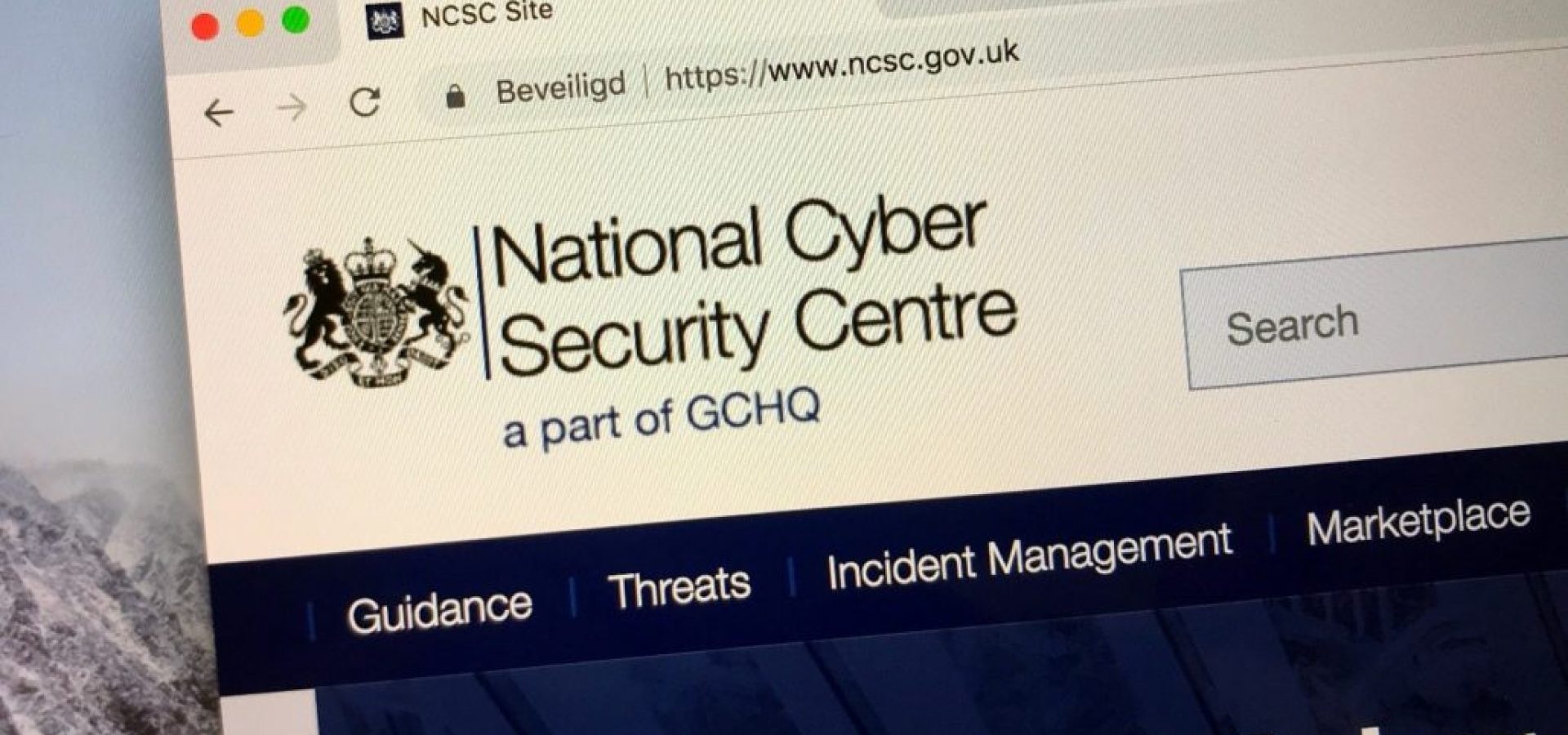
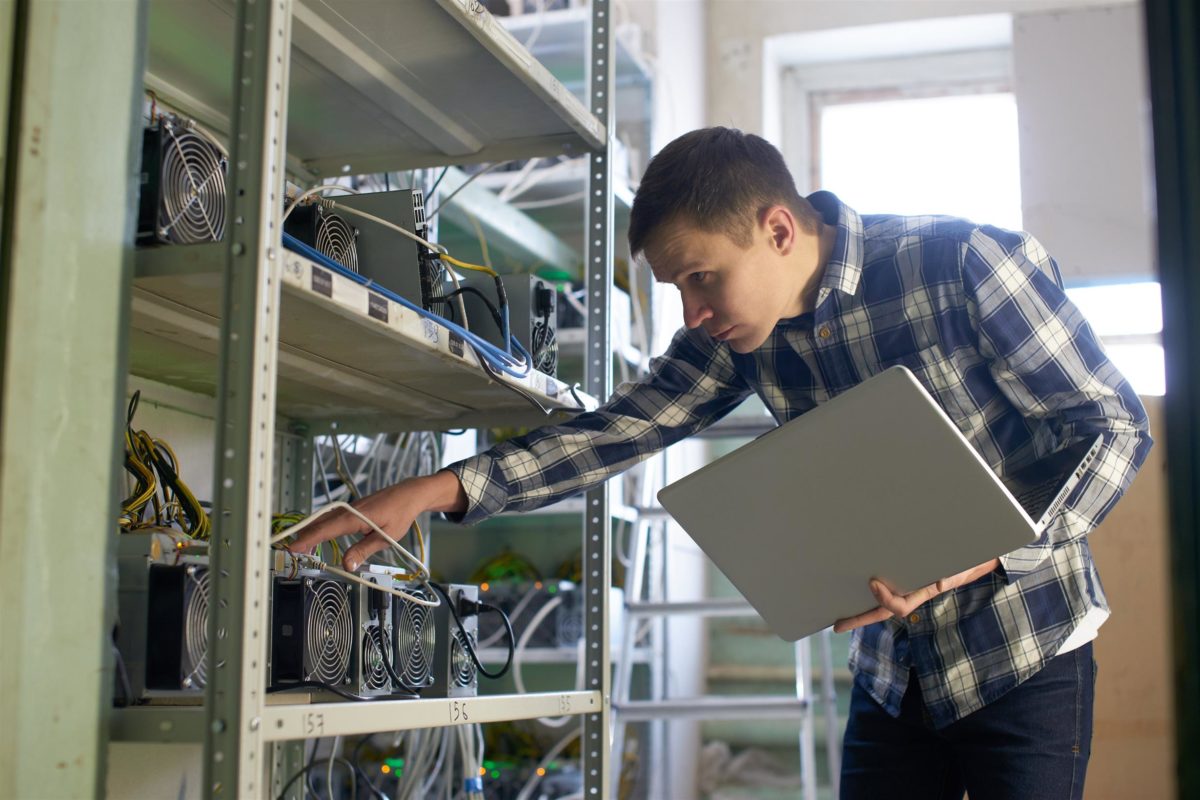
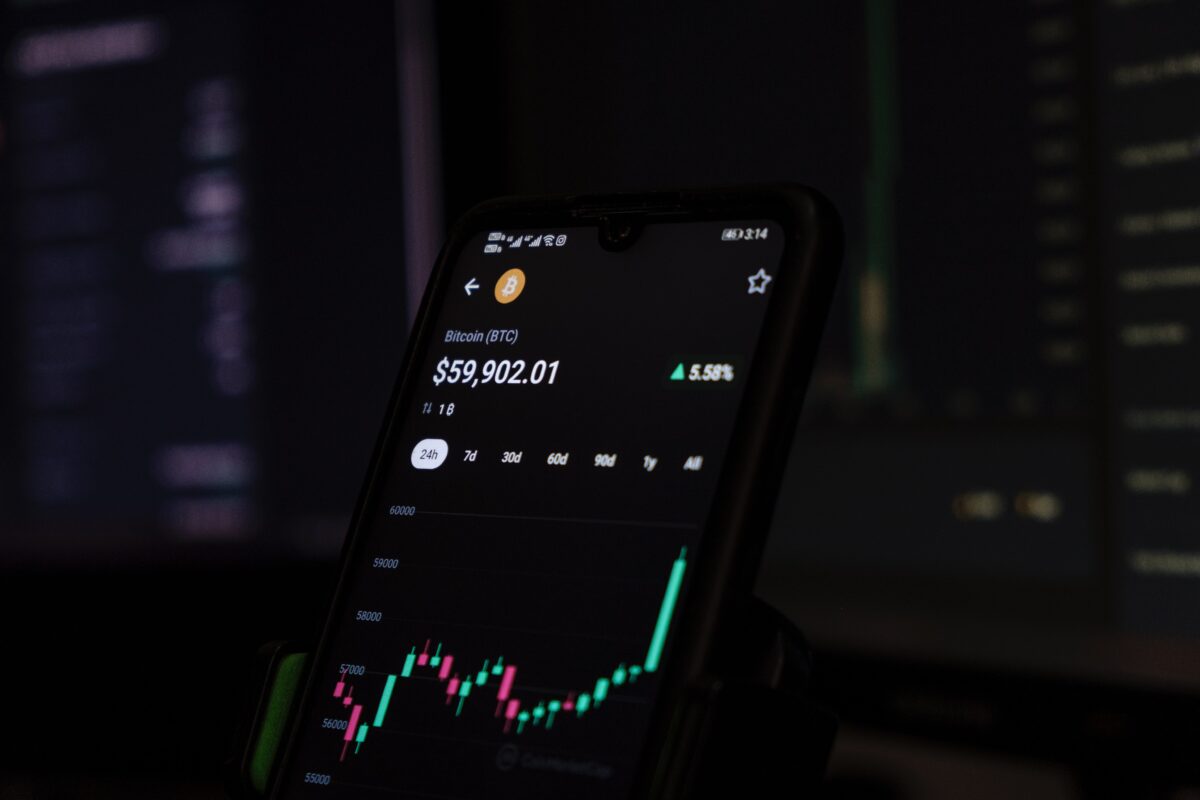
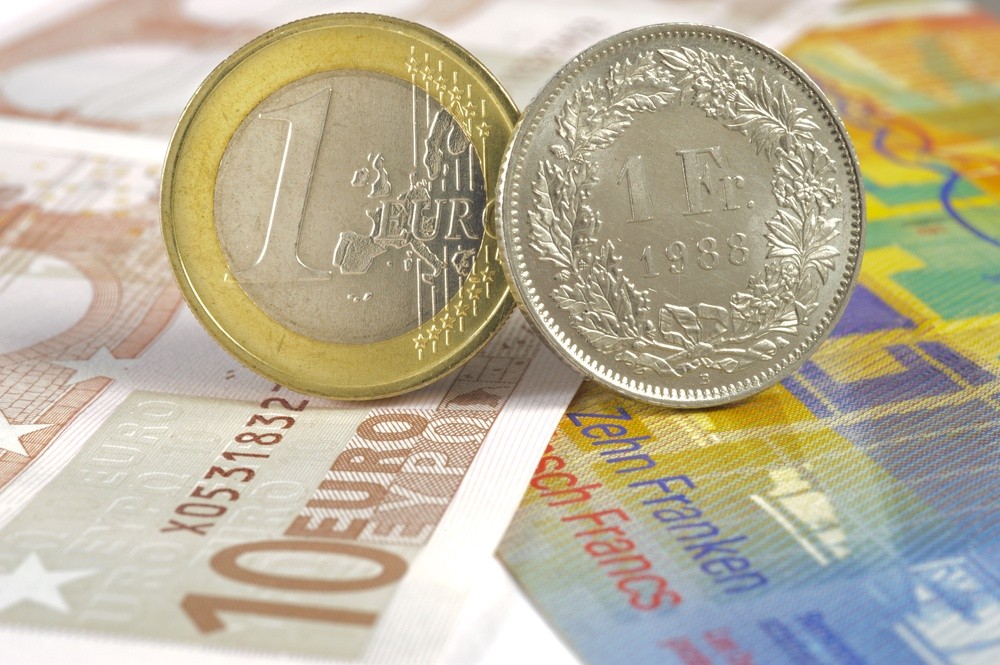
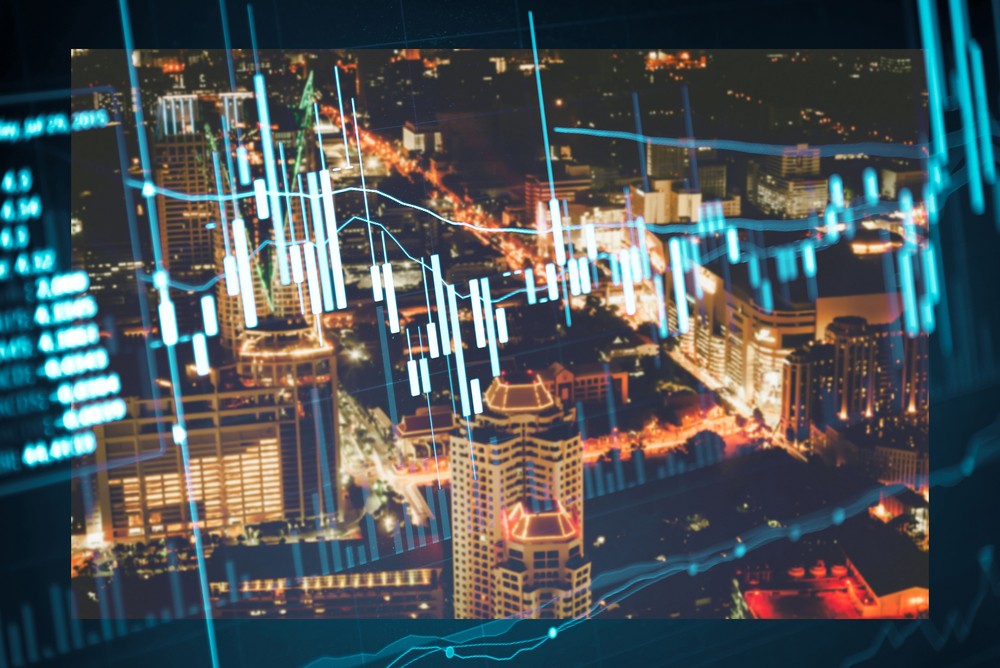


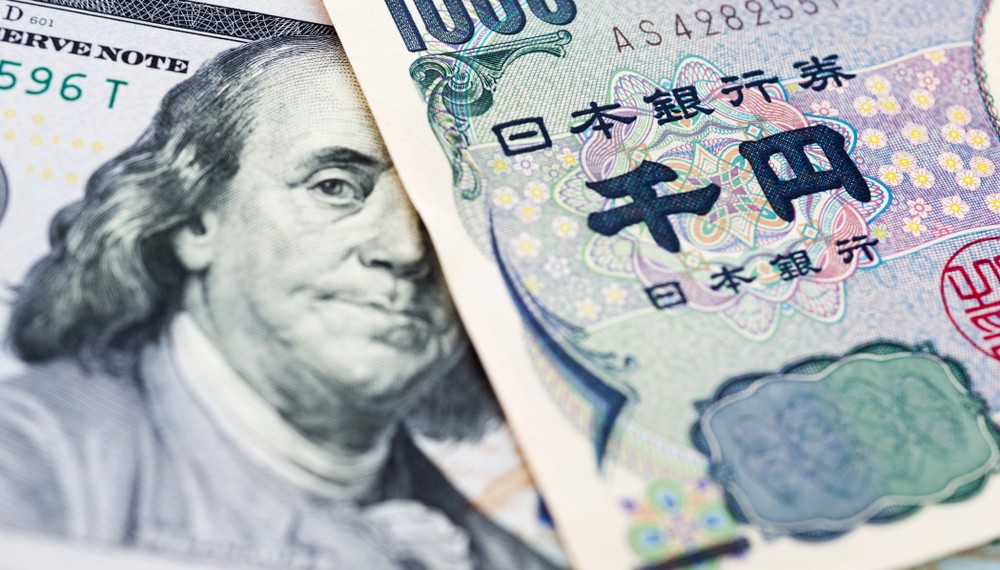


COMMENTS